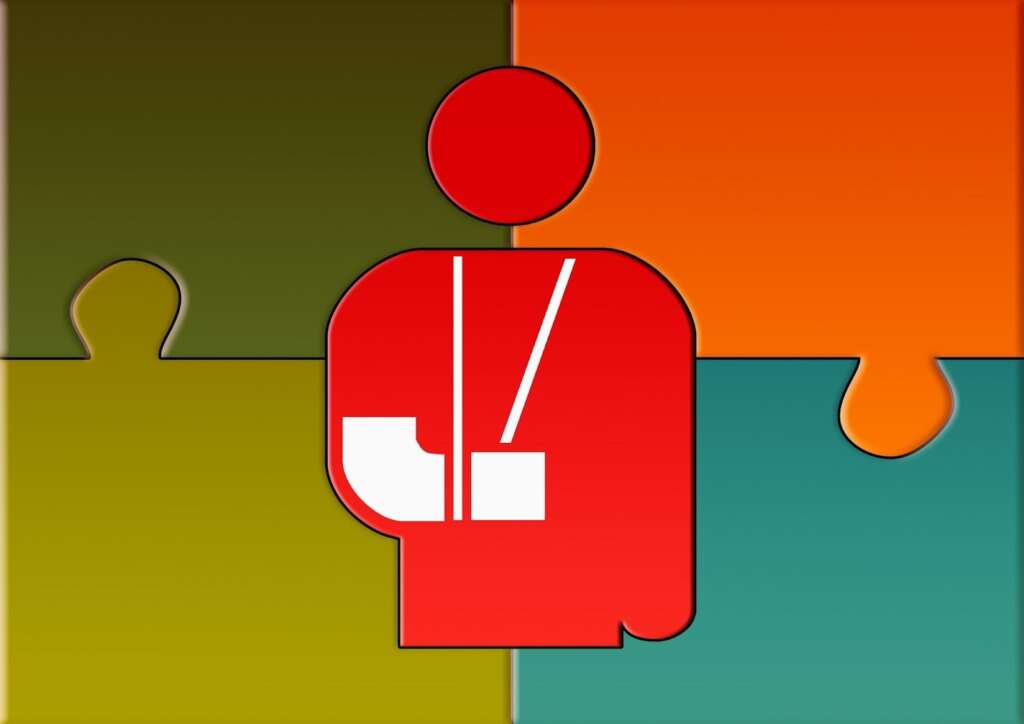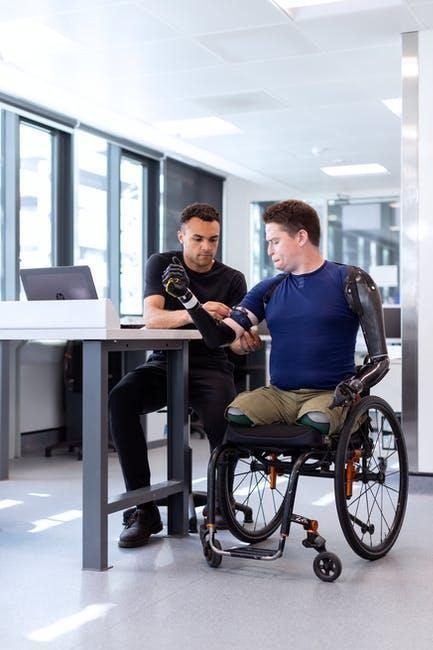Key Strategies That Help People With Disabilities Secure Employment
People with disabilities face many challenges when seeking a job. Employers may hold misconceptions about productivity or fear the potential need for accommodations. To combat these challenges, individuals with disabilities can use effective strategies tailored to their strengths and the demands of the workplace.
Emphasizing essential job skills, networking, and targeted support can increase the likelihood of securing meaningful employment. Below are some key strategies that empower individuals with disabilities in their job search.

Take Advantage of Your Rights and Resources
Job seekers with disabilities must know their rights under federal and state laws. The ADA mandates reasonable accommodations in the workplace, which can include modifications to job duties, workspaces, and schedules.
Knowledge of rights helps individuals advocate for themselves effectively. They should look for resources available through local vocational rehabilitation agencies, non-profit organizations, and government programs. Various career development services like Workforce Development – Fello offer assistance tailored to those with disabilities and help them find and even secure a job. These services provide job training, resume writing assistance, and interview coaching. Understanding and utilizing these resources can equip job seekers with the tools they need to enter the workforce successfully.
Build a Strong Resume and Cover Letter
A compelling resume and cover letter can impact a job application. Individuals should focus on highlighting their skills and experiences relevant to the positions they are applying for, including internships, volunteer work, or extracurricular activities that demonstrate transferable skills. Writing down any achievements and quantifiable outcomes in previous roles will capture the reader’s interest.
Expressing a positive attitude and determination can resonate with potential employers. The use of templates and online resources can further improve the presentation and effectiveness of resumes and cover letters.
Networking and Personal Connections
Networking is a powerful tool in the job search. Building professional connections can open doors to employment opportunities that may not be widely advertised. Joining industry-specific groups, attending workshops, or participating in community events can aid networking efforts.
Finding a mentor who understands the unique challenges of job seekers with disabilities can provide guidance and invaluable insight. Online platforms like LinkedIn make it easy to connect with industry professionals. Sharing personal stories or joining discussions in relevant groups can improve visibility and build meaningful relationships that can lead to job referrals and open opportunities.
Utilizing Technology and Online Platforms
Some specialized platforms provide job listings tailored to the needs of people with disabilities. Companies may use applicant tracking systems (ATS), so job seekers should tailor their resumes and applications with relevant keywords. Online workshops and webinars on interviewing techniques can improve individuals’ readiness for job interviews.
Many organizations offer online courses focusing on skill acquisition relevant to available jobs. Assistive technologies can improve communication and task execution in the workplace and demonstrate readiness to potential employers. Embracing technology can streamline the job-seeking process and translate into successful employment outcomes.
Preparing for Interviews
Job seekers should practice common interview questions and rehearse their responses. Behavior-based interview techniques can help job seekers articulate their experiences in a manner that highlights their strengths and skills relevant to the job. They may need to prepare for discussions about any accommodations they might require.
When job seekers frame these requests positively, they can alleviate potential concerns employers may have about hiring a candidate with a disability. Researching the company’s culture and values can provide better insight into personal values within the organization.
Creating an Inclusive Work Environment
Employers are recognizing the value of diverse perspectives, and many have implemented policies promoting inclusivity and accessibility. Individuals with disabilities can contribute to these environments by communicating openly about their needs and suggesting reasonable accommodations for their roles. Participating in employee resource groups and engaging in diversity training can further support an inclusive workspace.
Sharing experiences with colleagues can promote understanding and empathy. Raising awareness about disability aids the individual employee and improves workplace culture as a whole. An inclusive workspace will be more engaging and productive, and everyone will feel valued.
Continuous Professional Development
Continuous professional development is a necessary part of sustained career growth. Engaging in lifelong learning through additional training, certifications, or workshops can improve skills and make job seekers more competitive. This ongoing education helps individuals stay updated on industry trends and expectations.
Many organizations offer mentorship programs that guide career development and connect employees with experienced professionals. Participating in such initiatives builds confidence and expands the job seeker’s professional network. Job seekers with disabilities should be encouraged to set measurable career goals and regularly assess their progress. Investing time and effort in personal development can pay off in future job opportunities.

Applying these strategies can increase the chances of securing employment for individuals with disabilities. By understanding rights, building strong applications, networking effectively, and preparing for interviews, job seekers can navigate the challenges they face. Creating inclusive workplaces and prioritizing professional development contribute to long-term career success.


